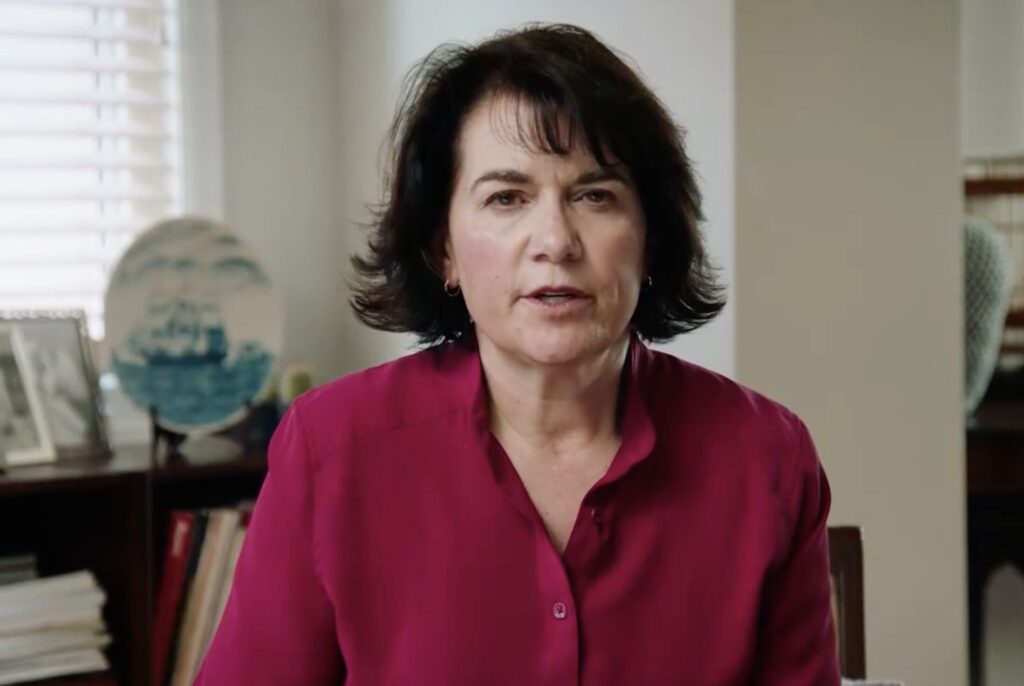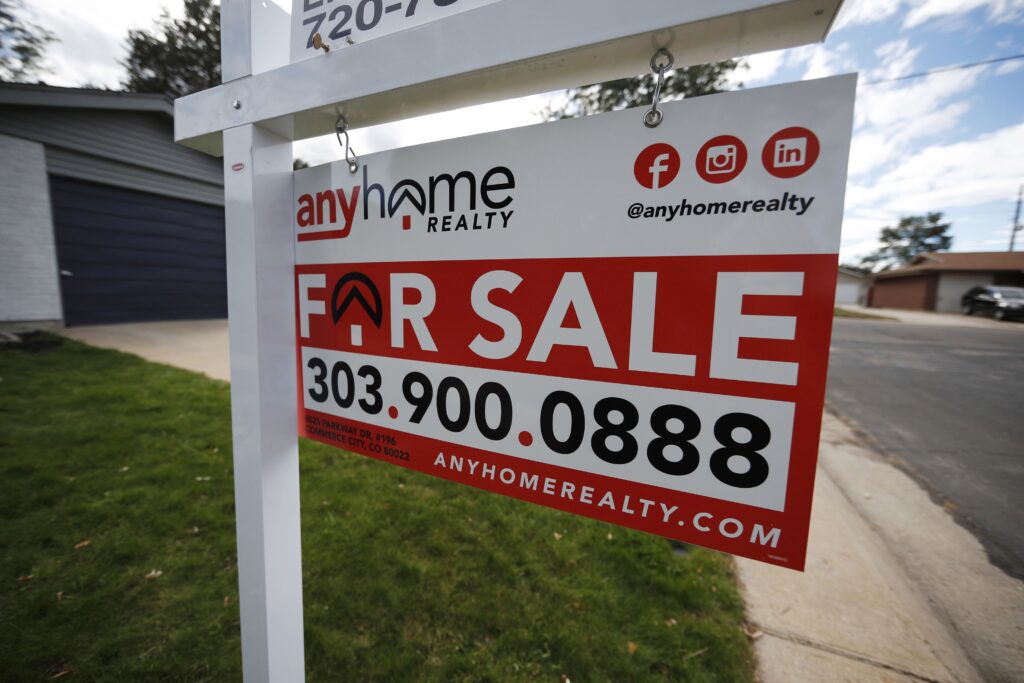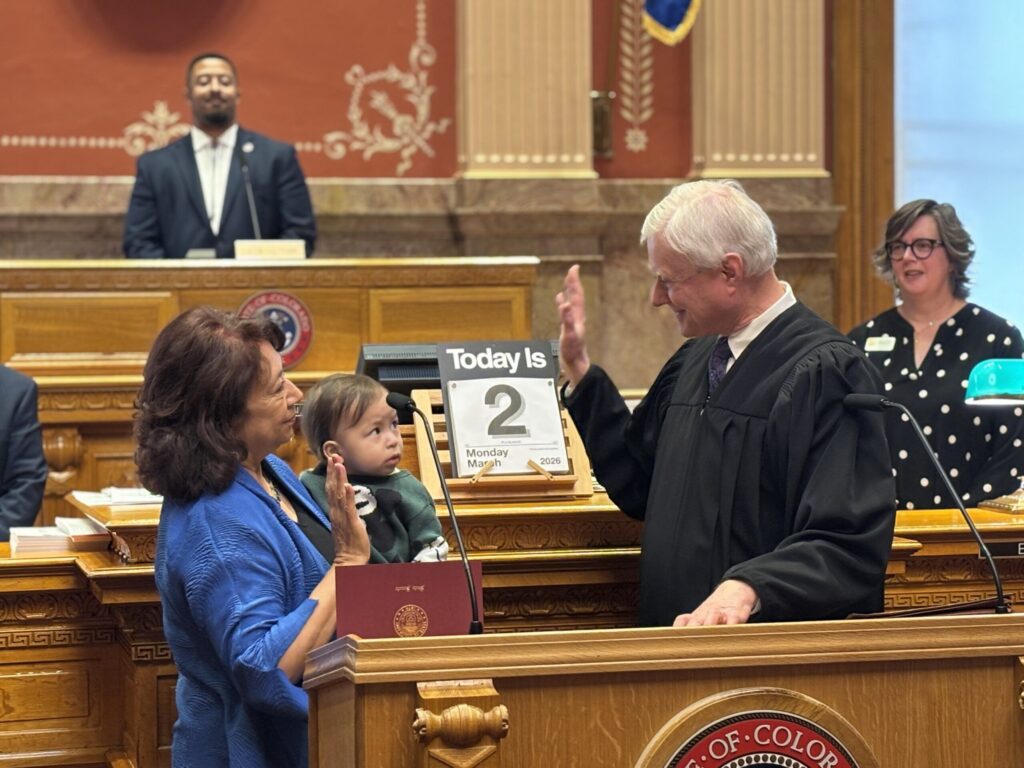Metro district bill dies in late-night committee hearing

A bill that at first prevented, then allowed, then again prevented metro district developers from owning their own public financing died in a state Senate committee not long after the clock passed midnight Friday and bleary-eyed lawmakers trying to make sense of it all decided to put it to sleep.
House Bill 1363 roller-coastered its way to oblivion after members of the Senate state, veterans and military affairs committee first stripped an earlier amendment to let developers buy their own financing, then summarily killed the entire bill.
It is the latest in a number of failed legislative efforts to change how metro districts operate in Colorado.
The bill began its life by attempting fix a number of perceived issues with metro district operations but scaled back to only the provision dealing with developer-purchased bonds. It left the House with a last-minute amendment added on the floor that allowed the practice, but failed to remove the provisions that prevented it. In the Senate committee, bill sponsors managed to land a vote to strip the House floor change before moving to a final vote.
Following speeches from the bill’s senate sponsors and two hours of testimony from about two dozen people on both sides of the issue – the bill wasn’t taken up until 11:30 p.m. Thursday – the measure finally died on a 3-2 vote at about 1:20 a.m. Friday.
“I find this to be shocking and appalling,” bill co-sponsor Sen. Julie Gonzales, D-Denver, told the committee about allowing developers to own their own public debt. “The ways developers are trying their best to provide service, but utilizing these mechanisms that are stranger and strain further away from what is to be a public good.”
One after another, developers and others with an interest in metro district creation and operation testified how buying the municipal bonds is an iron-clad method to ensure new housing gets built.
While acting as a metro district’s board of directors, developers – or those who work with them – approve the public financing needed to reimburse them for their expenses, then purchase that debt for themselves. The metro district residents who eventually buy into the development are required to pay off the bond debt through property taxes.
“There are no regulations to prevent developer-controlled boards from approving arrangements that are financially advantageous to their business,” co-sponsor Sen. Tammy Story, D-Conifer, told the committee. “They are completely free to finance over-ambitious plans without fear of liability, knowing future homeowners ultimately shoulder the burden. Homeowners are on the hook for decades paying a completely unnecessary load of bad debt.”
Committee members Sen. Paul Lundeen, R-Monument, and Sen. Chris Hansen, D-Denver, voted against the measure, largely because they believe it would negatively impact future developments in Colorado, a theme the real estate industry had been drumming since the bill’s inception.
“I think this bill will tend to put the skids in terms of developing affordable housing,” Lundeen said.
Said Hansen: “I agree, we have a broken public finance system in the state, but I think the bill would largely stop metro districts from being able to function.”














